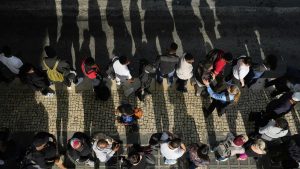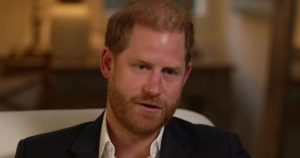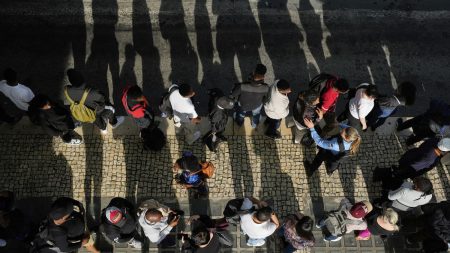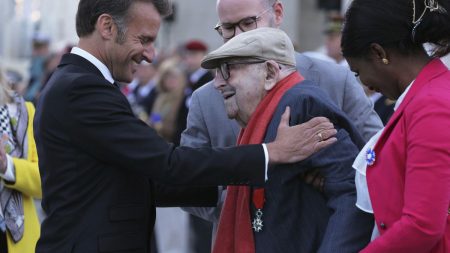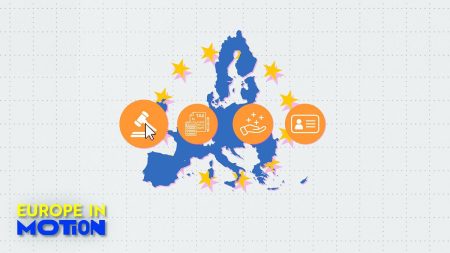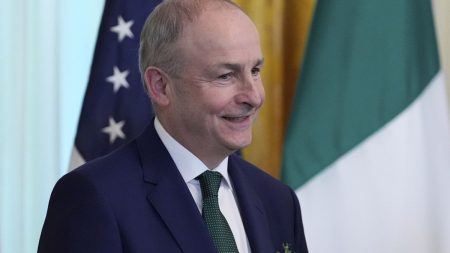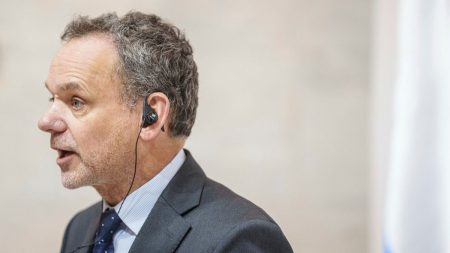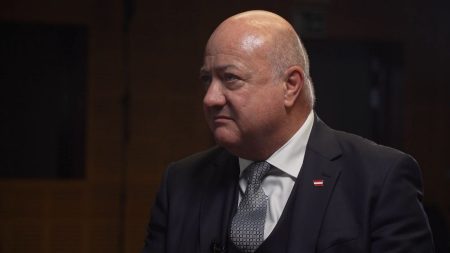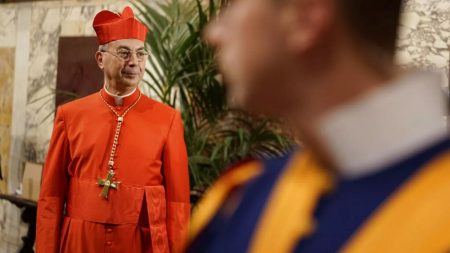Zoran Milanović’s Bid for Re-election: A Balancing Act Between Populism and Western Alignment
Zoran Milanović, the incumbent president of Croatia, is facing a crucial re-election battle this weekend. Known for his populist stances and outspoken criticism of Western aid to Ukraine, Milanović is navigating a complex political landscape. Despite being considered the frontrunner due to his widespread popularity, a first-round victory seems unlikely. The likely scenario is a runoff election scheduled for January 12th, pitting him against a field of contenders that includes a candidate backed by the ruling center-right HDZ party.
Milanović’s presidency has been marked by a contentious relationship with Prime Minister Andrej Plenković of the HDZ. Their clashes have dominated Croatian politics, highlighting the ideological divide between the left-leaning president and the center-right government. The HDZ has endorsed Dragan Primorac, a pediatrician and university professor, as their presidential candidate. Primorac presents himself as a unifying figure, contrasting his approach with Milanović’s often polarizing rhetoric. This sets the stage for a contest between two distinct political visions for Croatia’s future.
While the Croatian presidency is largely ceremonial, it retains significant political influence, particularly in areas such as military command. Milanović’s populist appeal has surged in recent years, and he has leveraged this popularity to criticize the West’s support for Ukraine. He has actively blocked Croatia’s involvement in a NATO training mission for Ukraine, advocating for neutrality despite the country’s membership in both NATO and the EU. This stance has drawn criticism from those who see it as undermining Croatia’s Western alliances. Primorac, in contrast, has emphasized Croatia’s commitment to the West, seeking to differentiate himself from Milanović’s more ambivalent position.
One of the key challenges facing Primorac’s campaign is a high-profile corruption scandal that has implicated the Croatian health minister. This scandal casts a shadow over his candidacy, potentially impacting his ability to gain traction with voters. Meanwhile, some political analysts believe that Milanović’s re-election could serve as a check on the ruling HDZ party’s power, providing a necessary balance within the government. However, concerns remain about Milanović’s tendency towards provocative statements, which some fear could jeopardize Croatia’s standing within the EU and NATO. His critics argue that his rhetoric could undermine the progress Croatia has made since joining the EU in 2013, adopting the euro, and joining the Schengen area.
Beyond the main contenders, the field includes other notable figures. Marija Selak Raspudić, a conservative independent, is running a non-partisan campaign focused on economic issues, population decline, and corruption. Ivana Kekin, representing the left-green Možemo party, positions herself as a voice for a new generation and has criticized Primorac and the HDZ for alleged mismanagement of the healthcare system. While several other candidates are also running, they are not expected to significantly impact the outcome of the election.
Milanović benefits from the support of the SDP, Croatia’s largest opposition party. This backing provides him with a strong base of support, enhancing his chances in the election. The upcoming vote will be a crucial moment for Croatia, determining the direction of the country’s foreign policy and its relationship with the West. The choice between Milanović’s populism and a more traditional pro-Western stance represents a significant juncture for Croatia’s future. The outcome will have implications not only for Croatia’s domestic politics, but also for its role within the broader European and international landscape.

